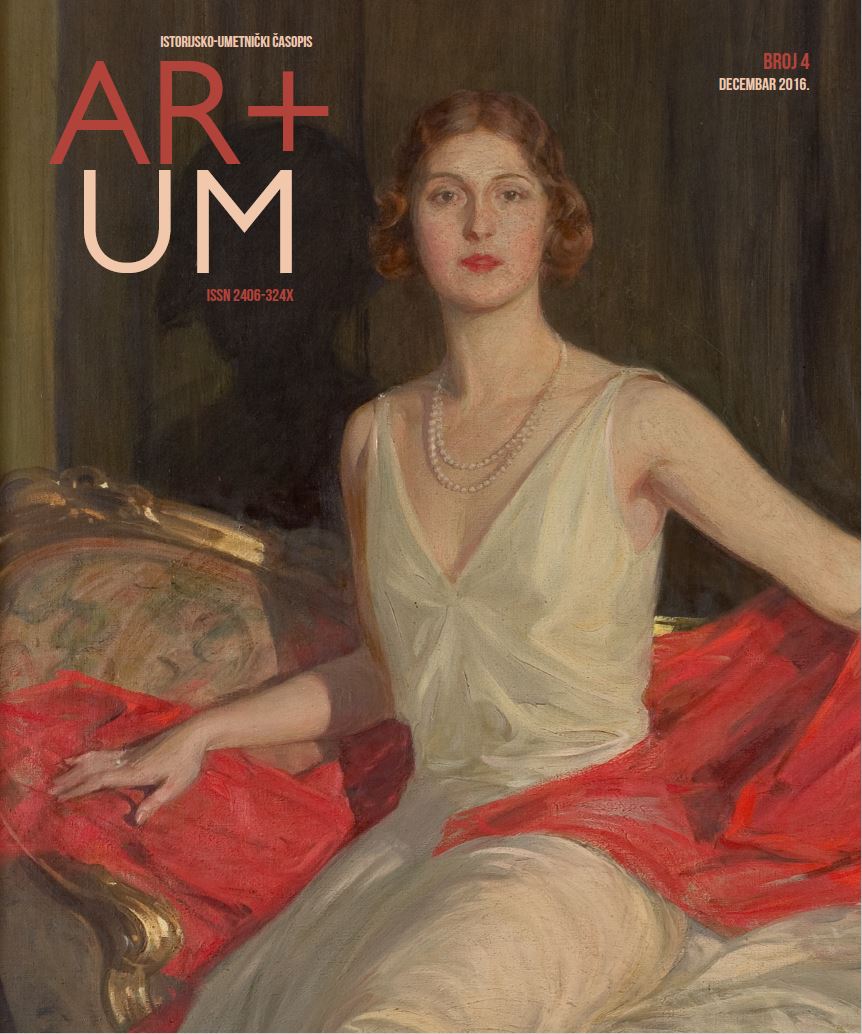Prustov fenomen - kako čulni oseti aktiviraju procese
pamćenja
The Proust Phenomenon – How Sensations Activate Memory Processes
Author(s): Nataša TapićSubject(s): French Literature, Sociology of Art
Published by: Филозофски факултет, Универзитет у Београду
Keywords: heritage;sensation;memory;immaterial heritage;cultural identity;Marcel Proust (1871—1922);
Summary/Abstract: The Proust phenomenon is a psychological mechanism, named after Marcel Proust who was the first one to describe it. One scene in his book In Search of Lost Time defines it perfectly. The main character soaks a madeleine in tea and its taste and smell take him back into his childhood, when he used to have it on Sunday mornings. The memories activated by sensations are highly emotional and personal. They are precious, as one’s personality is consisted mainly of them. It is intangible heritage of an individual and the Proust phenomenon is a way to access it. Above researching the impact of the Proust phenomenon on individuals, this paper also tended to find out if sensations such as smells tend to have similar function on a group of people, those of the same nationality in particular. It turned out that senses are very important carriers of intangible cultural heritage and also take great part in creating national identity. Although the brain remembers literally everything, after some time links to the memories fade away and consciousness fails to take them out. “Proustian” kind of sensation is a “tickle” that wakes up even distant, emotional memories. And those are the kind of memories that equal heritage.
Journal: Artum - Istorijsko-umetnički časopis
- Issue Year: 4/2016
- Issue No: 4
- Page Range: 41-46
- Page Count: 6
- Language: Serbian

